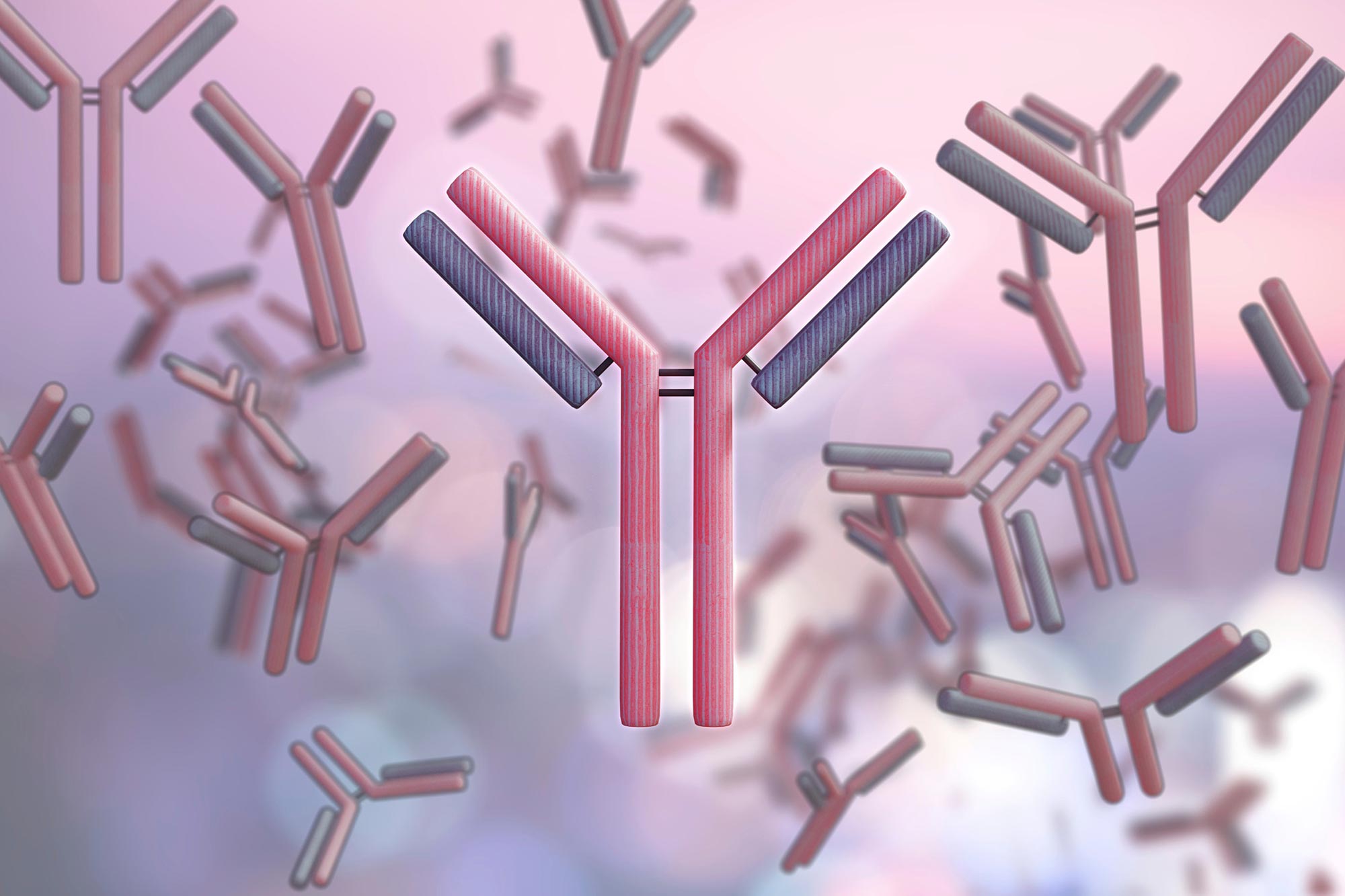Connect with us
Published
2 weeks agoon
By
admin
MIT researchers have developed a new AI model, AbMap, enhancing the accuracy of antibody structure predictions, which is crucial for drug discovery and disease treatment. Traditional AI methods have struggled with predicting antibodies due to their high variability, particularly in their hypervariable regions that detect foreign proteins. The model utilizes two modules: one trained on 3,000 antibody structures and another correlating 3,700 sequences with binding strength to antigens. This innovative approach allows for the identification of effective antibody candidates in addressing infectious diseases, including SARS-CoV-2.
By generating millions of antibody variants and predicting their structures, the researchers significantly improved the selection process, achieving an 82% success rate in binding strength tests compared to earlier antibodies. This method also aids in understanding individual immune responses to infections, potentially explaining variations in disease severity among people. With the capacity to scale and deliver structural insights, the model offers drug companies a broader range of viable candidates, reducing the risk of costly failures in clinical trials. This study, co-authored by notable faculty including Bonnie Berger and Bryan Bryson, was published in the Proceedings of the National Academy of Sciences.


















